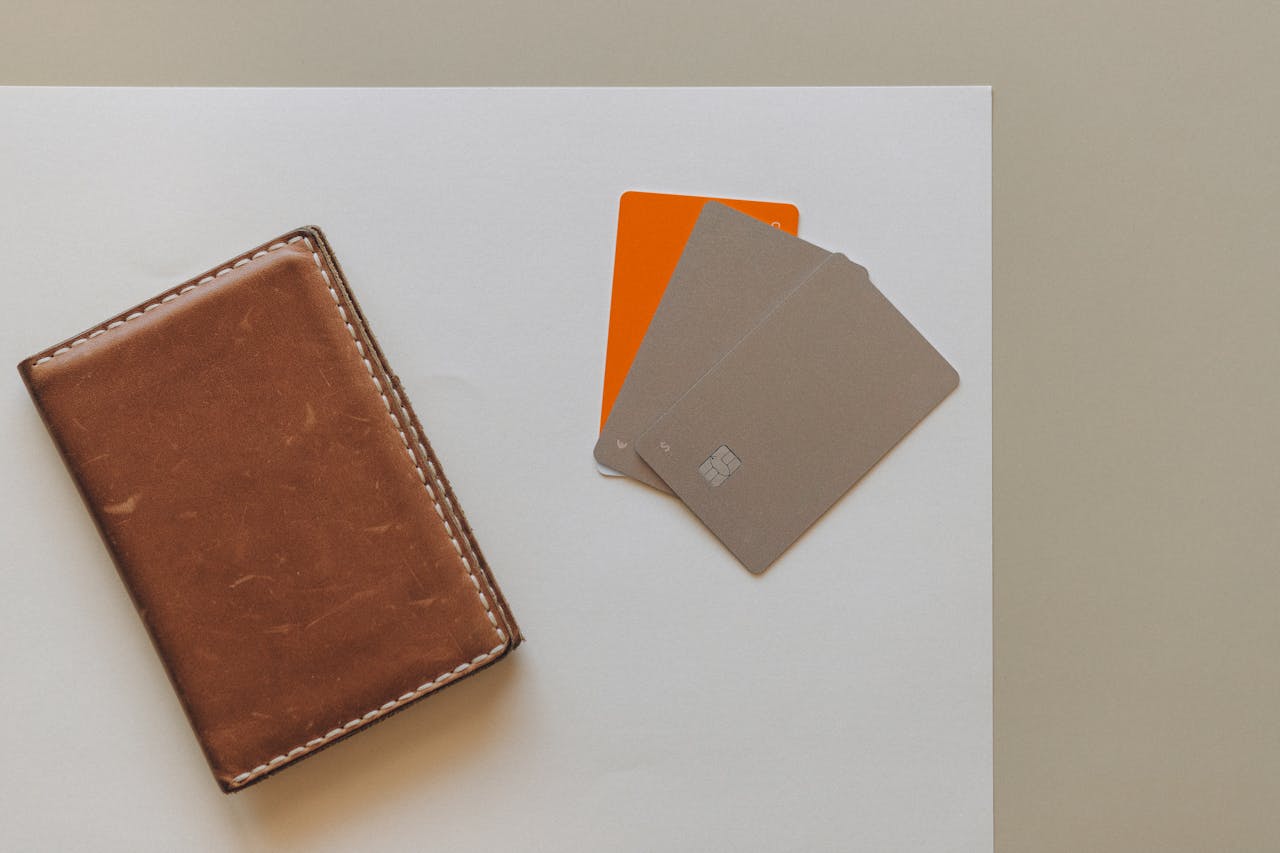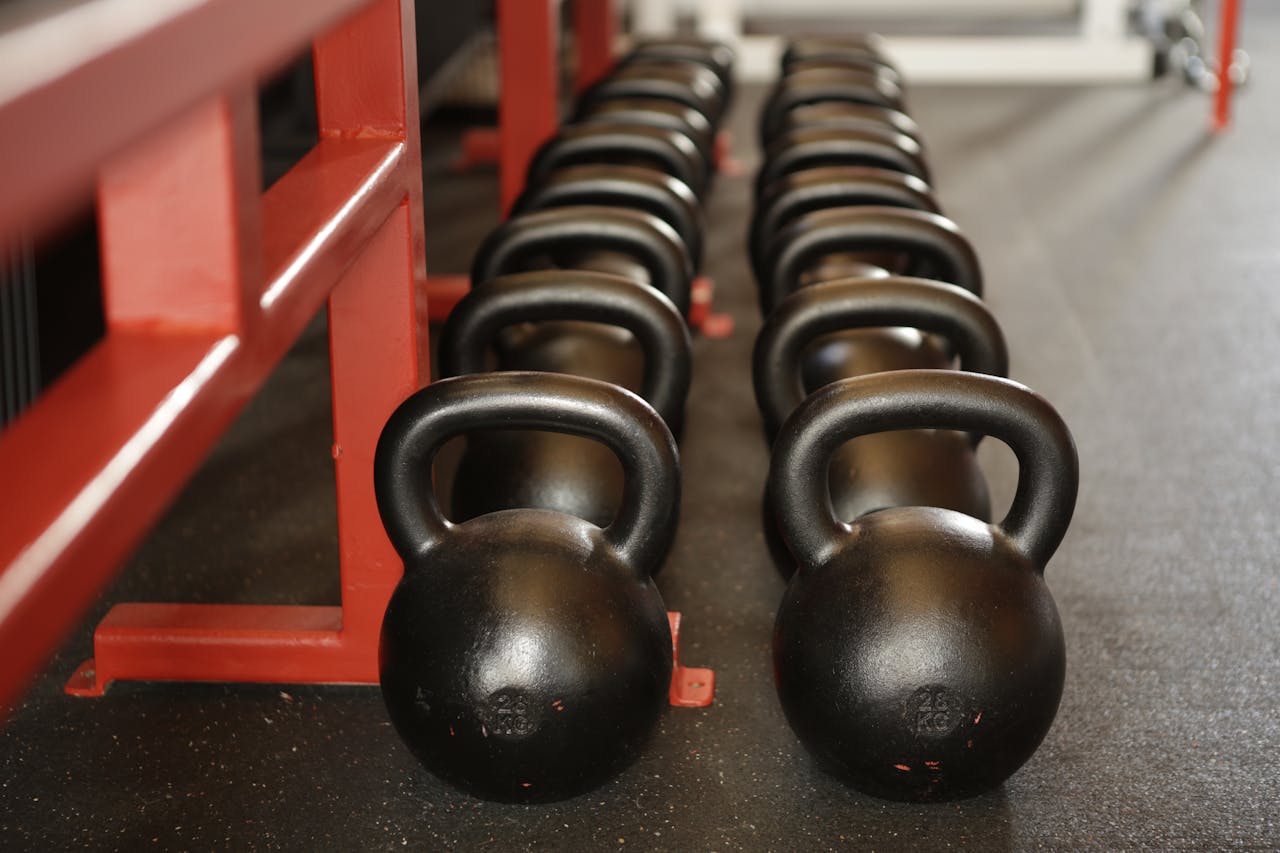8 Expenses to Cut Now and Put Money Back in Your Pocket

In today’s challenging economy, finding ways to save money is not just smart—it is essential. By identifying and eliminating unnecessary expenses, you can free up cash to pay off debt, grow your savings, or simply enjoy a little more financial freedom. Here are eight expenses you should cut now to put more money back in your pocket.
1. Unused Subscriptions and Memberships

It is easy to forget about subscriptions you signed up for months ago but no longer use. Streaming services, gym memberships, magazine subscriptions, and app payments can quietly drain your bank account. Review your credit card and bank statements to identify recurring charges. Cancel anything you have not used in the past month. Even cutting out a few subscriptions can save you hundreds of dollars annually. Additionally, consider whether you truly need multiple subscriptions for similar services. For instance, if you have three streaming platforms but only use one, downsizing to just the one you use most can save even more.
2. Dining Out and Takeout

Eating out regularly can quickly become one of the biggest drains on your budget. While it is tempting to grab a quick meal or order takeout after a long day, the costs are significantly higher than cooking at home. Try meal prepping or cooking in bulk to save both time and money. Challenge yourself to limit dining out to special occasions or set a strict monthly budget for takeout. Additionally, focus on learning a few simple, delicious recipes that you can make quickly on busy days. By cooking at home more often, you could save thousands of dollars per year while also eating healthier meals.
3. Premium Cable Packages

Cable TV packages can cost upwards of $100 per month, and many people do not even watch half the channels they are paying for. Consider cutting the cord and switching to more affordable streaming services. Many platforms offer on-demand content tailored to your preferences for a fraction of the cost. If you are hesitant to give up live TV, look into streaming options that include live channels at a lower price point. Furthermore, some free streaming services provide a wide variety of content, which can help you save even more while still enjoying entertainment.
4. Brand-Name Products

From groceries to household items, brand-name products often come with a hefty markup. In many cases, generic or store-brand alternatives offer the same quality at a significantly lower price. Compare ingredients and reviews to ensure you are getting a good deal. Over time, choosing generic products can save you hundreds of dollars without sacrificing quality. For example, store-brand cleaning supplies, medications, and pantry staples often work just as well as their pricier counterparts. Switching to generic brands consistently can lead to substantial savings over the course of a year.
5. Excessive Utility Usage

High utility bills can take a big bite out of your budget, but there are simple ways to cut costs. Start by turning off lights and unplugging devices when they are not in use. Invest in energy-efficient appliances and LED bulbs to reduce electricity usage. Lower your thermostat a few degrees in the winter and raise it slightly in the summer. Small changes like these can lead to significant savings on your monthly bills. You can also consider installing a programmable thermostat, which adjusts temperatures automatically based on your schedule, helping you save energy and money effortlessly.
6. Expensive Coffee Runs

If you are stopping at a coffee shop daily, those lattes and cappuccinos can add up to hundreds of dollars each month. Instead, invest in a quality coffee maker and brew your favorite drinks at home. You can experiment with different flavors and ingredients to create a personalized coffee experience for a fraction of the cost. By skipping the coffee shop, you will not only save money but also reduce the time spent waiting in line. Additionally, consider making your coffee routine a fun, creative activity by trying new recipes or using seasonal ingredients to keep it exciting.
7. Impulse Purchases

Impulse buying is a major culprit when it comes to wasted money. Whether it is an online shopping spree or grabbing unnecessary items at the checkout counter, these purchases can quickly derail your budget. To curb impulse spending, create a shopping list before heading to the store and stick to it. For online shopping, implement a 24-hour rule: wait a day before buying anything that is not a necessity. This gives you time to evaluate whether the purchase is truly worth it. Additionally, unsubscribe from promotional emails and avoid browsing online stores when you are bored to minimize temptation.
8. Unused Gym Equipment and Fitness Classes

Many people invest in home gym equipment or sign up for fitness classes with the best intentions, only to let them gather dust. If you are not using that treadmill or attending those classes, it is time to cut your losses. Sell unused equipment online to recoup some of your investment, and explore free or low-cost workout options like YouTube videos, community classes, or outdoor activities. Staying fit does not have to break the bank. Additionally, look for local parks or recreation centers that offer free fitness programs or affordable membership options to stay active without overspending.
Final Thoughts

Cutting unnecessary expenses does not mean sacrificing the things you enjoy—it is about making smarter financial choices. By trimming these eight areas, you can reclaim hundreds or even thousands of dollars each year. Start small, and watch your savings grow over time. With the extra money, you can achieve your financial goals faster and enjoy greater peace of mind.
Every dollar saved is a step closer to financial freedom. Begin evaluating your spending habits today, and take control of your finances with confidence. Remember, small adjustments can lead to big results over time, and the effort you put into cutting expenses now will pay off in the long run. Whether you use your savings to pay off debt, invest, or simply reduce financial stress, the benefits of trimming your budget are well worth the effort.
Leave a Reply